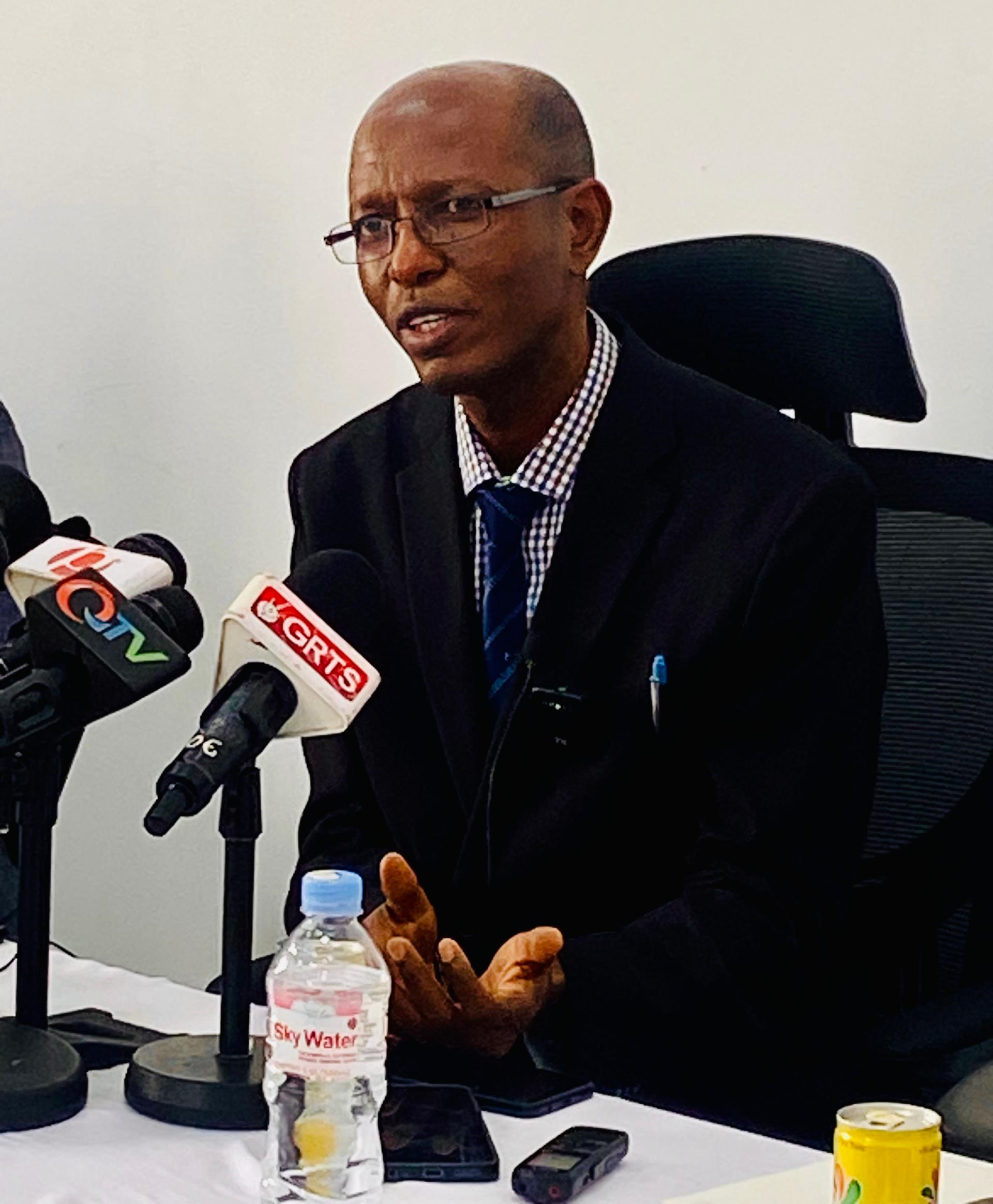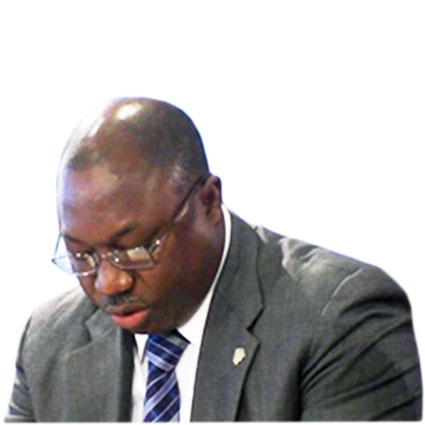By: Fatou Krubally
The Managing Director of the National Water and Electricity Company (NAWEC), Gallo Saidy, has confirmed the official end of the company’s seven-year contract with Turkish energy provider Karpowership, stating that Gambia now has cheaper and more sustainable power supply options.
Speaking at a press conference held Wednesday at the Jabang Substation, Saidy disclosed that the contract, which began in 2018, expired on May 2 and would not be renewed.
“When Karpowership came into the country in 2018, there was a pressing need,” Saidy explained. “It was initially meant to be a two-year temporary solution, but due to infrastructural gaps, we had to extend the contract.”
Saidy acknowledged the positive role Karpowership played in stabilizing electricity supply over the past years, describing the company as reliable and efficient. However, he noted that Gambia’s energy infrastructure has significantly improved and can now accommodate more cost-effective alternatives.
“We now have the 225kV transmission line running from Brikama to Jabang, which allows us to evacuate and distribute more power effectively,” he said. “We have reached a point where we can fully meet the country’s energy demand without relying on Karpowership.”
Saidy emphasized that the decision to discontinue the partnership was driven by market dynamics, particularly the emergence of less expensive sources of electricity through regional initiatives like the West African Power Pool (WAPP) and the OMVG interconnection.
“This is now a competitive market,” he said. “If Karpowership wants to return to The Gambia, they are welcome but the price must reflect today’s market reality.”
He encouraged Gambians to embrace the concept of regional power trade, noting that The Gambia could eventually become a net exporter of electricity.
“The notion that we must produce everything ourselves is outdated. Today, it’s about tapping into the most affordable and reliable sources wherever they may be,” he said.
NAWEC officials assured that the transition will not disrupt electricity supply, and steps are being taken to maintain consistency





